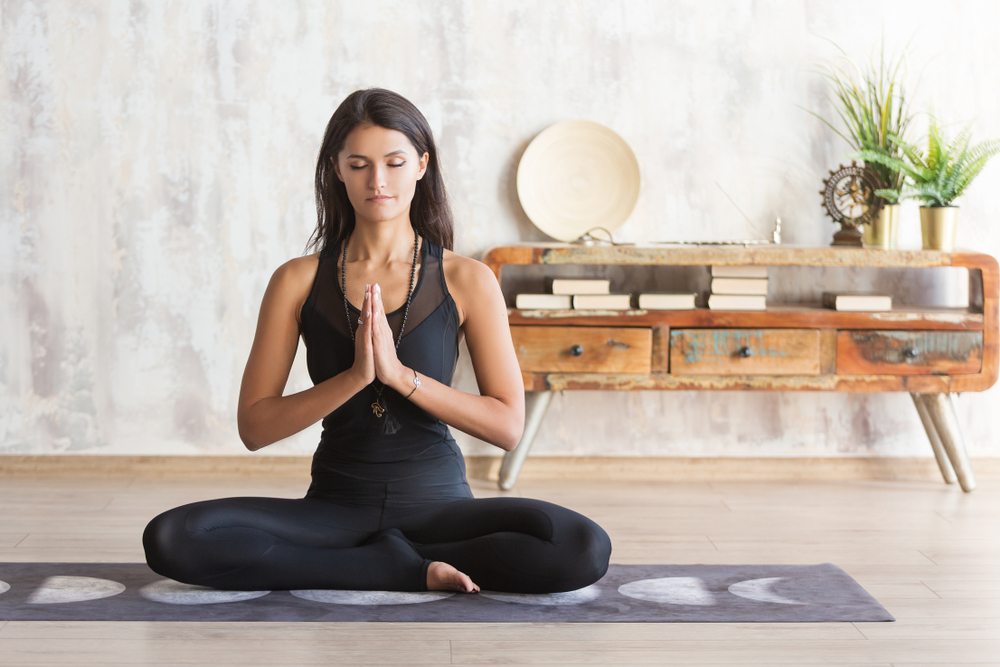On April 7 each year, the world celebrates World Health Day. Usually, this means people across the globe participate in activities and attend workshops that help people prioritise their health. It is also the day that typically marks the commencement of a new campaign that seeks to encourage a healthy world.
According to the World Health Organization (WHO) website, the idea was proposed in 1948 by the First World Health Assembly, and since 1950, World Health Day has been observed on April 7. Of course, observing World Health Day is important because it presents an opportunity to simultaneously command the attention of the world on a pressing health concern, and raise awareness around the problem.
Given that the world has been in the grips of the novel Coronavirus since 2019, the theme for World Health Day 2021 is ‘Building a fairer, healthier world’. The organisation has stated that the world is unequal, and the COVID-19 pandemic has underlined how a privileged few have better access healthcare and can in turn, live healthier lives in comparison to those who can’t afford it. If that’s not all, WHO maintains that the sufferings and illnesses faced by some groups, are preventable. As a way to make better healthcare accessible, WHO has proposed four major steps in achieving its goal—working together, collecting reliable data, tackling inequities, and acting beyond borders.
Now, most of us have been doing our parts to curb the spread of COVID-19, but with the resurgence and mutations, is there something more we need to look for? Let’s review:

COVID-19 Precautions
You may have read this time and again, but one way to ensure you’re doing your part is to:
• Wash your hands often with soap and water, or an alcohol-based sanitisers.
• Maintain a safe distance of at least six feet from everyone (especially someone who is coughing or sneezing).
• Wear a mask when physical distancing is not possible, or you’re out in public spaces.
• Avoid touching your eyes, nose, or mouth.
• Cover your nose and mouth with your bent elbow or a tissue when you cough or sneeze.
• Stay indoors if you feel indisposed.

Mental Wellness
A major part of surviving the pandemic and lockdown is your mental fortitude.
• This includes staying away from negative thoughts, news stories, and keep yourself appraised only for information purposes. It’s advisable to get your information from credible sources, and not social media or message blasts.
• Take care of your body. Take breaks from work, stretch, meditate, or take deep breaths to maintain a calm disposition. Eat healthy, exercise, and ensure you get plenty of sleep.
• Get vaccinated when it is made available to you.
• Engage in conversation with friends and loved ones so that isolation doesn’t get you down. Talk openly on what’s bothering you or how you’re feeling.
Besides, taking care of yourself is the best way to equip you to be there for someone who may reach out to you for support. And just as you may need someone to be there for you via video calls or even text messages, when you take care of your mental well-being, you’ll be able to help someone else cope.